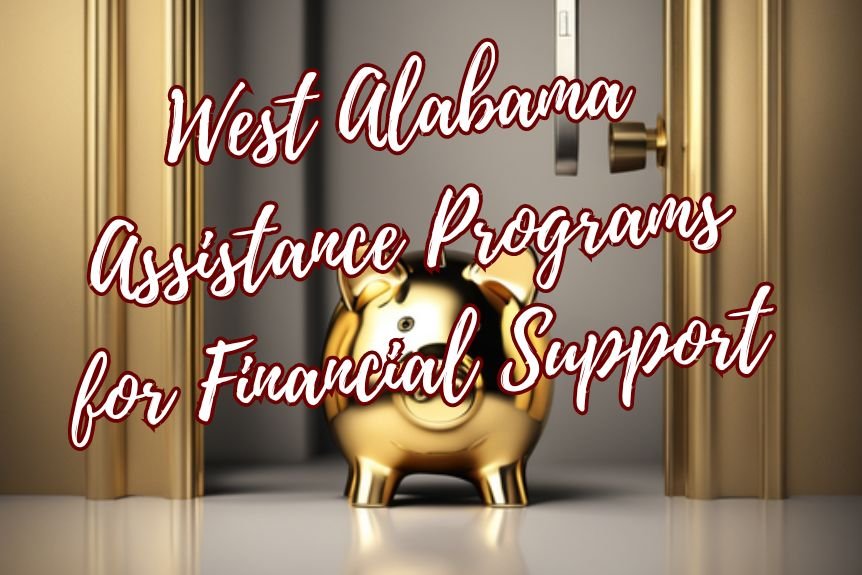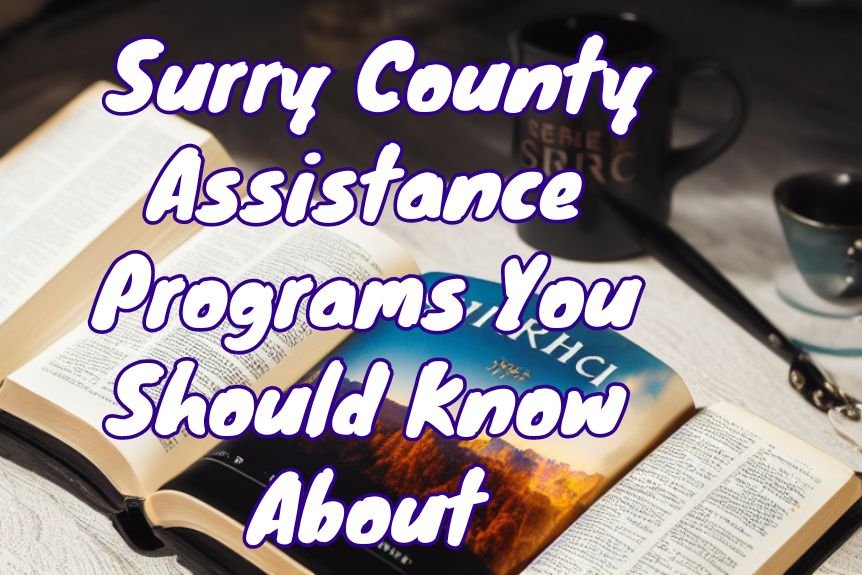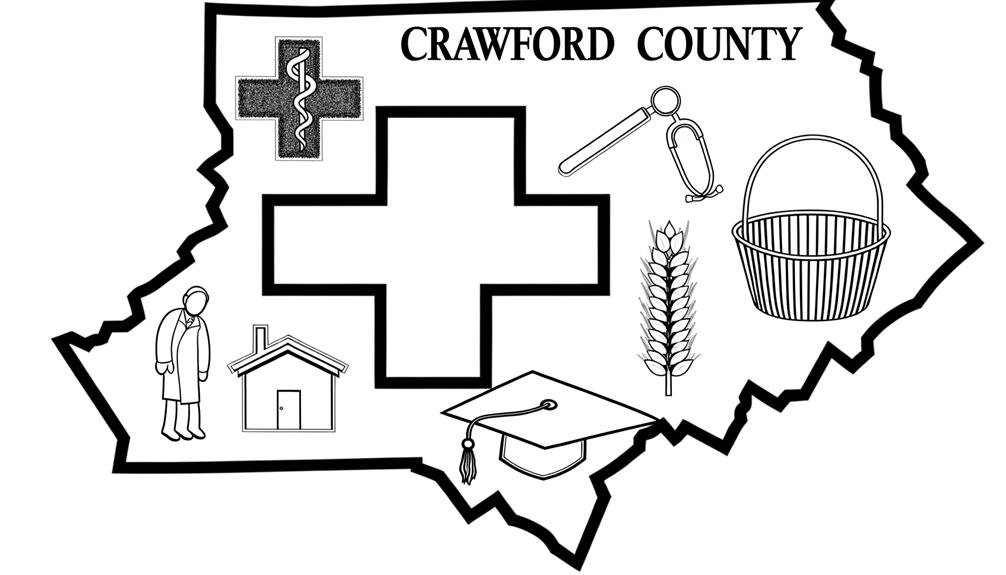When it comes to navigating the complexities of government assistance in Alabama, they say, ‘Knowledge is power.’ Understanding how to access DHR benefits can make a significant difference in your life, whether it’s providing support for groceries, healthcare, or other essential needs.
By following the guidelines outlined in the DHR Benefits How-To Guide, you can unlock a wealth of resources designed to assist those in need. So, why not take the first step towards securing the support you deserve?
Alabama DHR Benefits Overview

In Alabama, you’ll find an array of benefits administered by the DHR to support eligible low-income individuals and families.
One significant assistance program is the Supplemental Nutrition Assistance Program (SNAP), commonly known as food stamps. SNAP helps Alabamians afford nutritious food by providing them with monthly benefits on an EBT card. This aid ensures that you and your family have access to the food you need to stay healthy and well-nourished.
Additionally, Temporary Assistance for Needy Families (TANF) is another crucial program that offers financial assistance to families with children. These programs offered by the Alabama DHR aim to alleviate financial burdens and improve the overall well-being of those in need.
Applying for Government Assistance in Alabama
Amidst the array of benefits administered by the Alabama DHR, your first step towards accessing government assistance in Alabama is through the application process. To apply, individuals can visit the Alabama Department of Human Resources website or request a mailed application. Additionally, the OneAlabama mobile app or web portal can be used for submission. Local DHR offices are available to assist with the application process for programs such as the Food Stamp Program, also known as the Supplemental Nutrition Assistance Program (SNAP), to help with Alabama Food assistance. Ensuring that you follow the application instructions carefully is vital for a successful submission. For further support, contact the Alabama DHR at (334) 242-1950.
| Program | Application Options | Contact Information |
|---|---|---|
| Food Stamp Program (SNAP) | Website, Mailed Application | Alabama DHR: (334) 242-1950 |
Eligibility Criteria for DHR Benefits

To determine eligibility for DHR benefits in Alabama, you must meet specific residency, citizenship status, and cooperation with program requirements. Applicants need to be residents of Alabama and fulfill particular citizenship criteria to qualify for DHR benefits.
Additionally, cooperation with Child Support, work activities, and drug screening may be necessary to maintain eligibility. Eligibility for DHR benefits can vary based on income, household composition, and adherence to program regulations.
Remember to apply online, in person, or through mail, following the specified submission instructions. By ensuring you meet these residency, citizenship, and program requirements, you can increase your chances of qualifying for DHR benefits in Alabama.
Accessing Food Assistance Programs in Alabama
Start by exploring the process for accessing food assistance programs in Alabama through the Department of Human Resources’ Food Assistance Division, which oversees the SNAP program. The SNAP program provides monthly benefits to help you purchase nutritious food, improving your family’s health.
You can conveniently apply for benefits and manage your case information using online platforms like MyDHR or MyAlabama. If you need assistance or want to submit your application in person, easily locate your nearest Food Assistance office.
The SNAP program focuses on promoting good health, supporting low-income families, and ensuring access to healthy food choices. Take advantage of these resources to secure the assistance you need for you and your family’s well-being.
Navigating Healthcare Services in Alabama

For individuals seeking healthcare services in Alabama, the state offers a comprehensive program known as ALL Kids, which provides extensive coverage for children. This program ensures that children have access to necessary medical services and treatments. In addition to the ALL Kids program, Alabama provides information on Medicaid eligibility, allowing residents to understand if they qualify for further healthcare assistance. Pregnant women and children can benefit from free or low-cost health insurance options available in the state. By exploring these healthcare services, individuals can ensure they receive the medical attention they need without facing significant financial burdens.
Alabama offers the ALL Kids program providing comprehensive healthcare for children.
Pregnant women and children can access free or low-cost health insurance in Alabama.
Information on Medicaid eligibility and application processes is available for residents.






